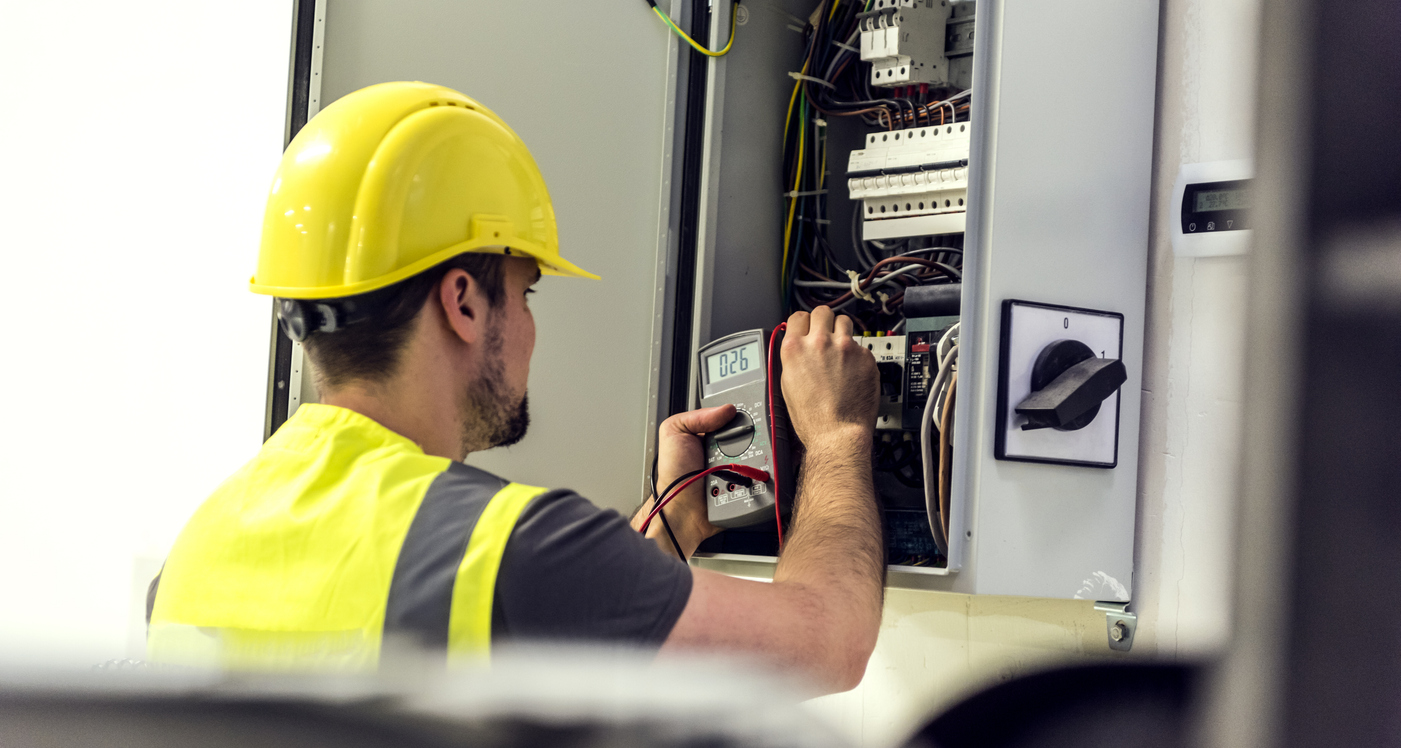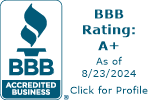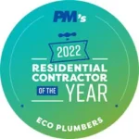Electrical panel or component installations play a pivotal role in modern society, powering homes, businesses, and industries. However, ensuring their safety and compliance with regulations is paramount. Navigating the maze of permits and regulations can be daunting, but with the right knowledge, it becomes manageable. This guide aims to provide a comprehensive overview of the processes involved, helping individuals and businesses navigate the intricacies of electrical installations with confidence:
- Understanding Permit Requirements: Before embarking on any electrical project, it’s essential to understand the permit requirements in your jurisdiction. Permits are typically required for new installations, alterations, or repairs to existing electrical systems. They ensure that installations comply with safety standards and building codes.
- Identifying Regulatory Frameworks: Regulatory frameworks governing these installations vary from region to region. Familiarizing yourself with these regulations is essential for compliance. In the United States, for example, the National Electrical Code (NEC) sets the standards for safe installations, while local building codes may impose additional requirements.
- Engaging Qualified Professionals: These installations should always be carried out by qualified professionals to ensure safety and compliance. Electricians licensed by relevant authorities possess the necessary expertise to navigate permit requirements and regulations effectively. Hiring reputable professionals mitigates the risk of non-compliance and ensures the quality of the installation.
- Submitting Permit Applications: Once the scope of these installation projects is determined, the next step is to submit a permit application to the relevant authorities. This typically involves providing detailed plans and specifications of the proposed installation, along with any required documentation, such as proof of insurance and contractor licenses. Timely and accurate submission of permit applications is crucial to avoid delays in project timelines.
- Compliance Inspections: After the permit application is approved and the installation is completed, compliance inspections are conducted to ensure that the work meets regulatory standards. Inspectors verify adherence to safety protocols, wiring methods, and equipment specifications outlined in the permit. Addressing any deficiencies identified during inspections is essential to obtain final approval and certification.
- Adhering to Safety Standards: Safety should always be the top priority in these installations. Adhering to safety standards not only protects individuals and property from harm but also ensures compliance with regulations. This includes proper grounding, insulation, and installation of protective devices such as circuit breakers and surge protectors.
- Staying Updated on Regulatory Changes: Regulatory requirements for these installations are subject to change due to advancements in technology and evolving safety standards. Staying updated on these changes is crucial for maintaining compliance. Subscribing to industry publications, attending training seminars, and networking with professionals can help stay abreast of regulatory developments.
- Documenting Compliance: Keeping thorough documentation of the entire installation process is essential for demonstrating compliance with regulations. This includes records of permit applications, approvals, inspection reports, and any modifications made during the project. Comprehensive documentation not only facilitates regulatory compliance but also serves as a valuable resource for future reference.
Navigating permits and regulations for electrical installations requires careful attention to detail and adherence to safety standards. By understanding permit requirements, engaging qualified professionals, and staying updated on regulatory changes, individuals and businesses can ensure compliance with confidence. Remember, safety should always be prioritized to safeguard lives and property.













